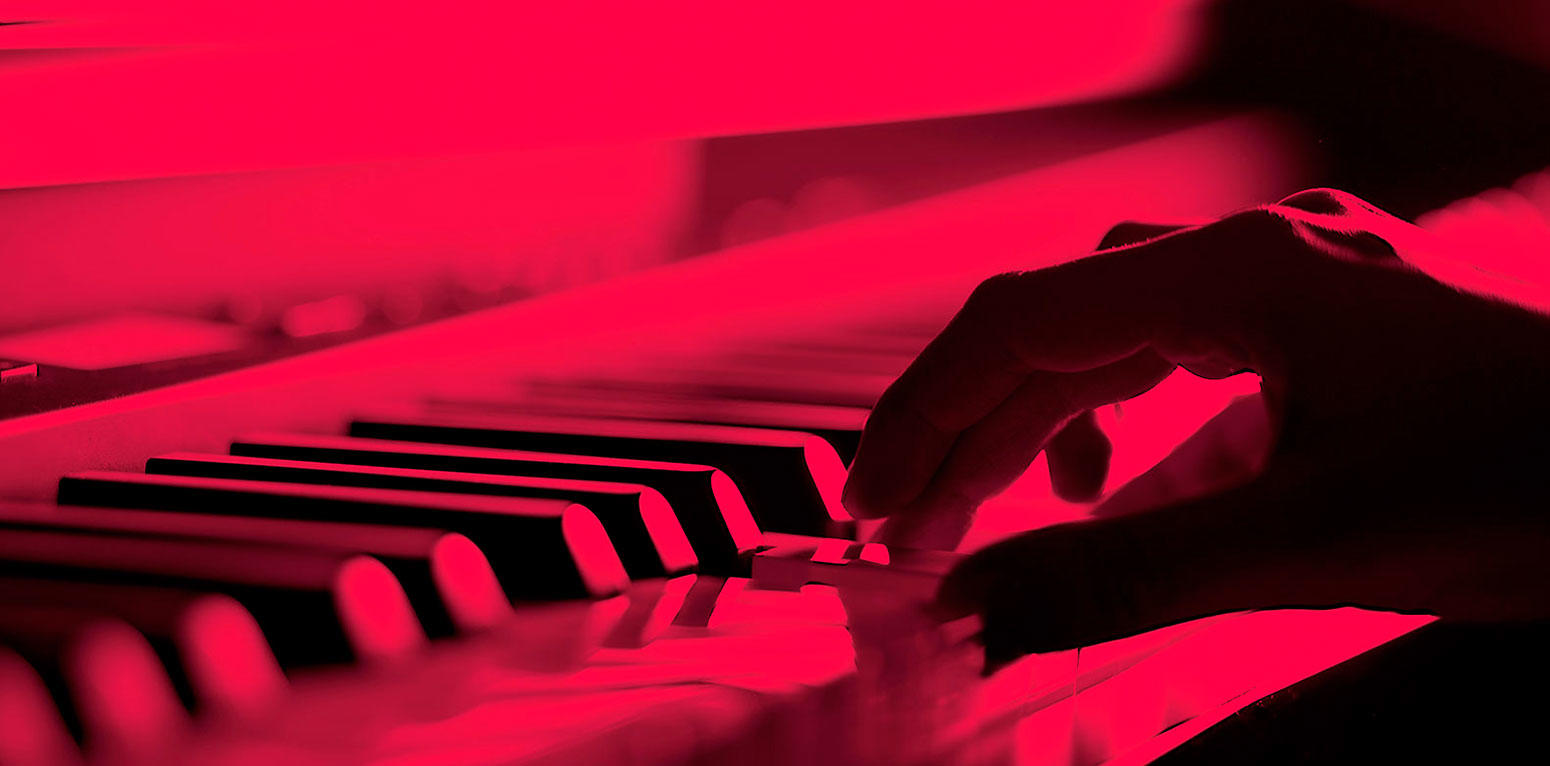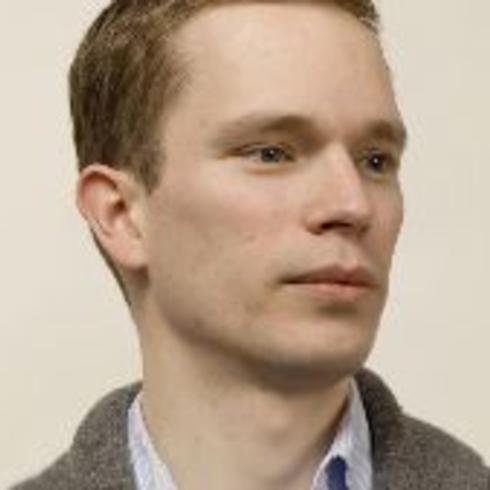
" The White Road (After Edmund de Waal) "
For orchestra and flute solo
SÉLECTION 2019
- Nominated for : The Musical Composition Prize 2021
I’ve wanted to write a concerto for Katherine for around twenty years now. Which is to say, pretty much as long as I’ve known her. RSNO audiences will be familiar with her glorious tone, thrilling virtuosity and magnetic charisma, and these qualities were already apparent in her playing when we met as teenagers. So, in one sense, I’ve had some time to think about this piece. That said, it’s one thing imagining as childhood friends, but when the chance comes to make it a reality it’s no small challenge to write something that lives up to two decades of daydreams.
One idea I knew I wanted to include was to have the solo flute backed by an army of string harmonics – an orchestra of virtual flutes – playing gleaming, resonant microtonal harmonies. I also wanted to focus on line and to write Katherine melodies throughout the piece that would give her the space to sing and be expressive. And so the piece began as a series of alternations between these two types of sound: the flute plays a melodic fragment and the orchestra responds with an increasingly lush microtonal chord.
This iterative process brought to my mind the ceramic art of Edmund de Waal, whose installations of porcelain vessels – sequences of groups of pots, usually of a single glaze, against a plain background – have extraordinary potency despite their economy of means. De Waal’s arrangements are almost rhythmic and seem to evoke patterns of inhalation and exhalation, aspects which resonated with me in the context of writing a flute concerto.
De Waal’s work is focused to the point of obsession, and obsession is one of the topics he addresses in his 2015 memoir-cum-travelogue-cum-history of porcelain, The White Road. This flute concerto is not a piece about porcelain, nor a musical evocation of the colour white, but it may be about obsession, and it certainly reflects my admiration for both Katherine’s playing and de Waal’s art. The idea of the music leading us along a road also appeals to me, with the solo flute’s repeated song-fragments being like a Pied-Piper to the orchestra’s Hamelin.
This ‘White Road’ travels through seven main landscapes. The first places flute melodies and string harmonics in an antiphonal relationship. The second, quiet throughout, sees the flautist and a group of eight solo strings exchange melodic phrases, backed by temple blocks. The third is an almost violently passionate reworking of this music, solo flute alternating with furious woodwind alongside drums and metal percussion. Next, after a pause for breath, the flute dances around brass staccato pulses, each phrase ending on a held microtonal chord recalling the first section. There follows an intensely lyrical cello sextet caressed by waves of microtonal harmonics, with short flute cadenzas initiating each phrase. Finally an extended section of flute-song, marked ‘almost a lullaby’, floats atop continuous running figures in the wind and strings. This eventually leads to a short virtuoso conclusion, gruff brass chords launching the flute into the stratosphere.
Martin Suckling

